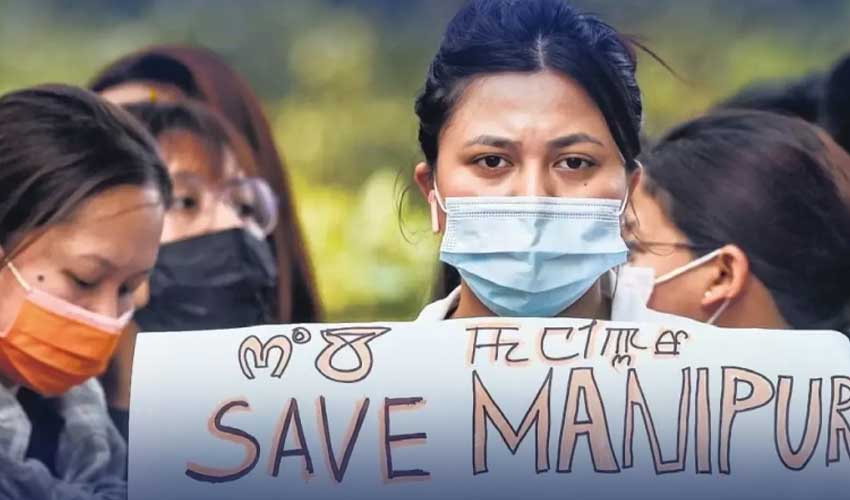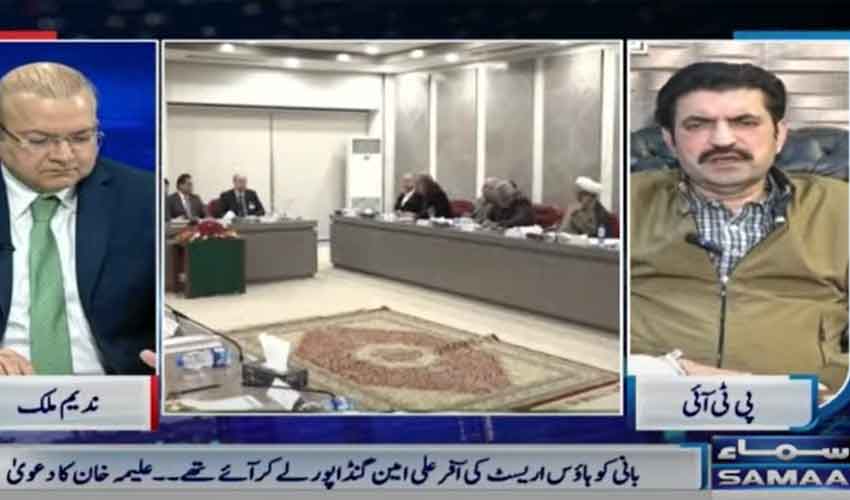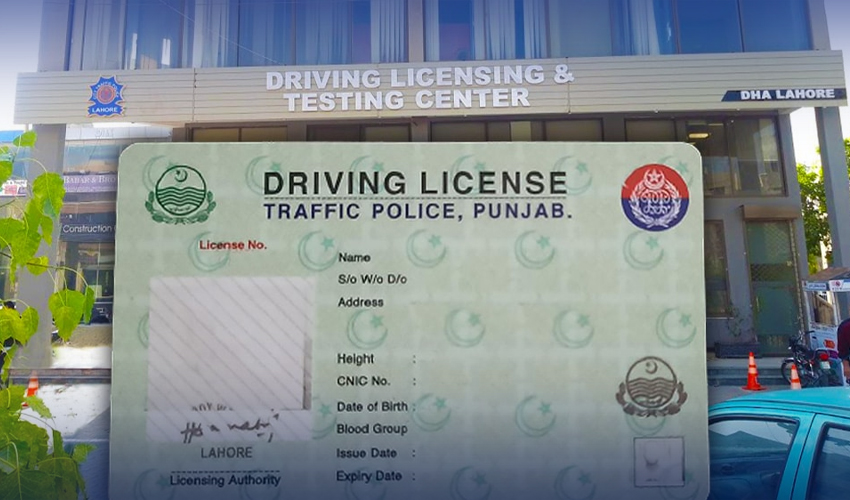The Indian state of Manipur continues to grapple with unprecedented violence and political instability, with recent developments raising serious concerns about human rights and civil liberties. Six police stations in the Jiribam areas have implemented new measures under the Armed Forces Special Powers Act (AFSPA), further escalating tensions in the region.
Official records indicate a devastating impact of the ongoing conflict. At least 258 civilians have been killed, and over 50,000 people have been displaced since the violence erupted. The implementation of AFSPA has been particularly controversial, with multiple periods of its enforcement noted since 1980, most recently between 2022 and 2023.
Local sources report that despite significant military presence, the state continues to experience widespread unrest. The Kuki-Zo tribes have been particularly affected, with allegations of systematic oppression by state-backed law enforcement agencies.
The current situation represents a significant challenge to India's democratic principles, with critics arguing that the government's approach is primarily aimed at suppressing local voices rather than addressing the underlying socio-political tensions.
Manipur's prolonged instability highlights the complex challenges facing minority communities in the region, raising questions about governance, human rights, and political representation.


























